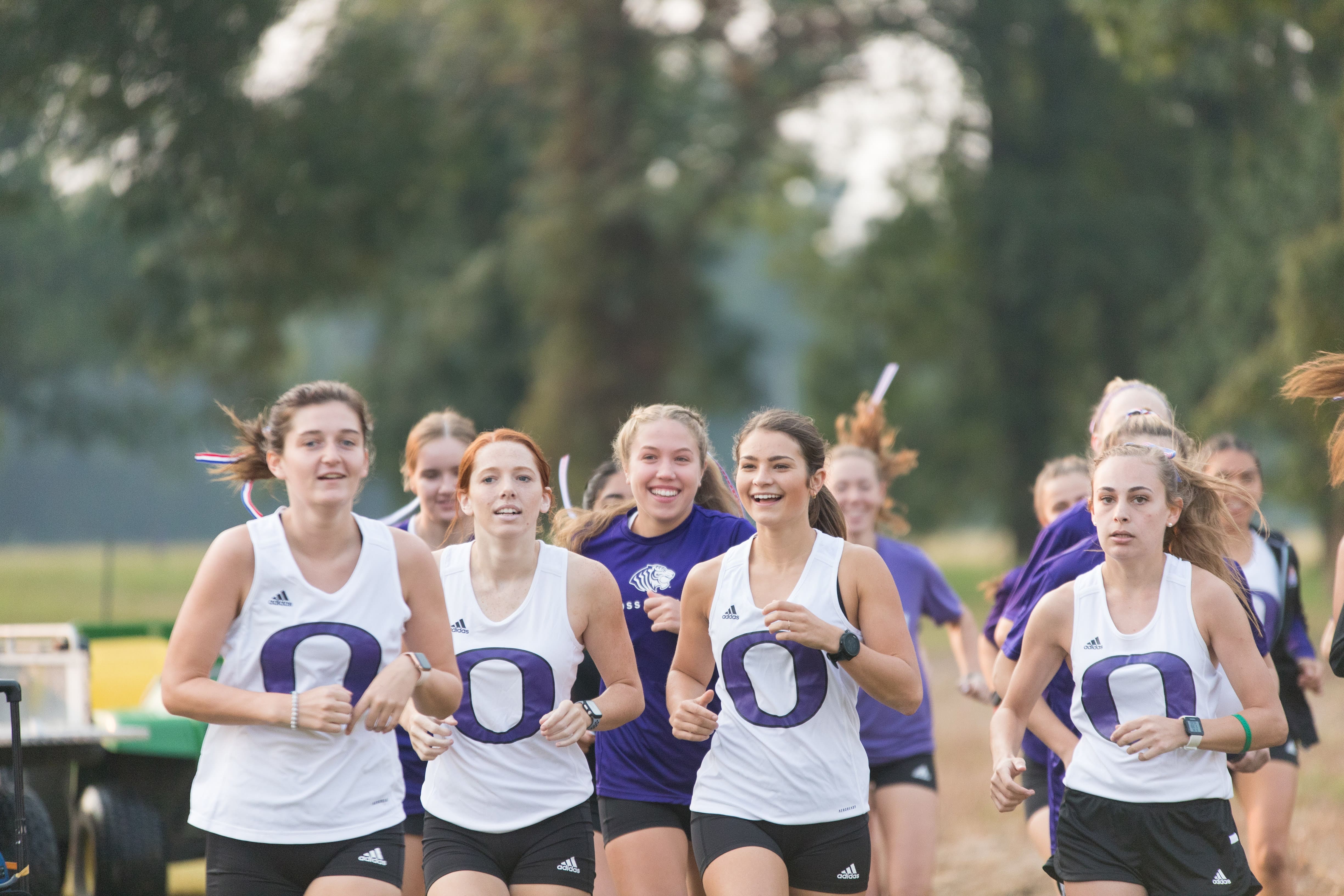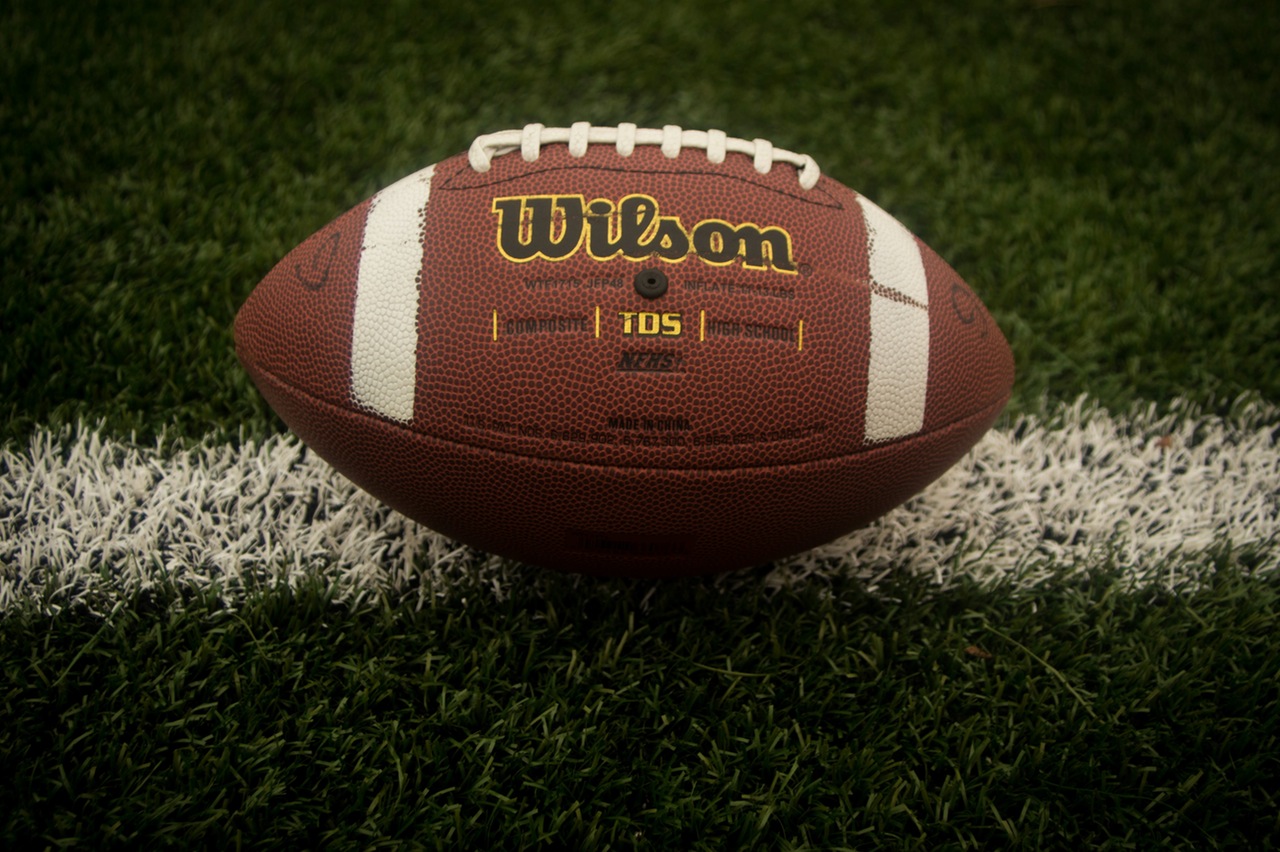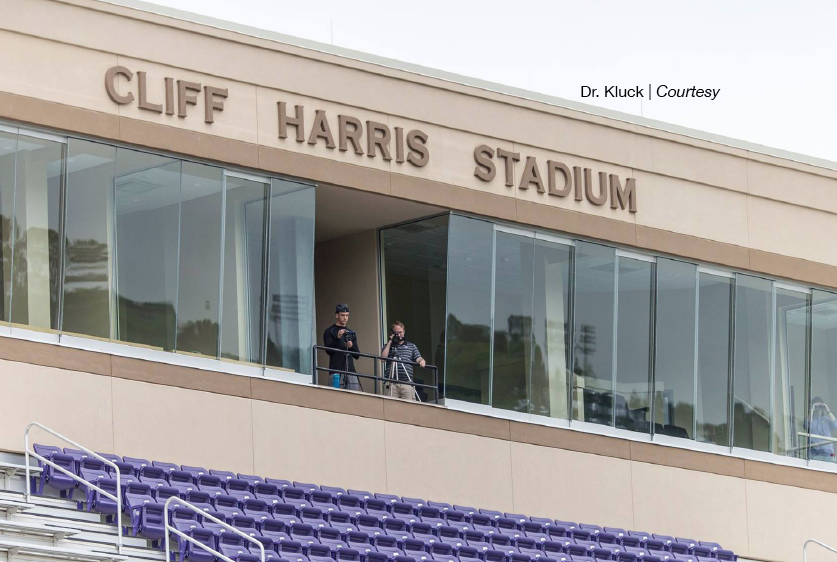The NCAA Football Rules Committee has proposed a significant change to the rulebook for the upcoming season. Under this rule, offenses would not be able to snap the ball in the first 10 seconds of the play clock to allow defensive substitutions that need to be made. If the offense violates this rule, they will be charged a five-yard penalty for “delay of game.”
I’m not an expert in NCAA rule making, but I do understand the game of football and to me, that seems a bit illogical. The NCAA is proposing that by trying to go faster, the offensive team is delaying the game. What?
And while the point has been made that defensive athletes may be at a disadvantage when they are tired, this point is thoroughly invalid. Last time I checked, the defensive athletes play just as many downs as offensive athletes do. These athletes train throughout the summer in sweltering heat, running sprints with little to no rest in between. So they should be conditioned to withstand a 15-play drive in three to four minutes of football.
Furthermore, defensive players and coaches should be happier about quicker drives. Before the hurry-up became a major part of the game, many analysts would say the reason a defense gave up so many points is due to their prolonged time on the field due to long, methodical drives that ate up yards in a rhythmic way as well as wearing the defense out by keeping them on the field for an extensive period of time even though they were able to substitute players after each play.
There hasn’t been any statistical proof given. Instead advocates have simply predicted that more injuries will occur. I’m ok with this on one condition: we eliminate tackling from football. It’s only fair. I believe that an athlete in college football will be hurt this year from a tackle. So let’s eliminate it from the game because of perceived issues that could come from tackling.
What bothers me most about this rule is the two-minute exception. According to the proposed rule, the ten-second delay would be nullified. I’m assuming this is for teams trying to score late in the half or game. But, even for hurry-up teams, two minutes is a very short amount of time to score from any point on the field. Furthermore, fans can forget about those classic comebacks. By creating a ten-second run off, the game becomes shorter, making comebacks increasingly more difficult.
But, most disturbing about the two-minute exception is the disregard for players’ safety. If we allow this rule to take place throughout the game, but not in the last two minutes of the second and fourth quarter, are we really doing this to protect players’ safety? For me, its easy to conclude that a player could get hurt, and may be more likely to get hurt from playing harder, in the last two minutes of the half and game.
In opposition of the rule, Mike Leach expressed his concerns on WJOX in Birmingham.
“They’re going to try and hide behind player safety in order to do it. And the absurdity of that is more layers deep than we have time to discuss on this radio show, and they do that without any documentation whatsoever that there is a player safety issue.”
Along with Leach, many other coaches have since publically scrutinized the rule change including Mike Gundy, Rich Rodriquez and Hugh Freeze.
I would conclude that the 10-second runoff isn’t at all about a player’s safety. The 10-second rule is a way for defensive minded coaches to even the playing field with offensive minded coaches in college football. While players’ safety is obviously of utmost importance, this rule isn’t designed for that at all. If it were, there wouldn’t be stipulations in it such as the two-minute clause. Coaches from both sides need to come up with a better solution to this problem if there is actually a concern to player safety. Otherwise, no rules should be implemented.





